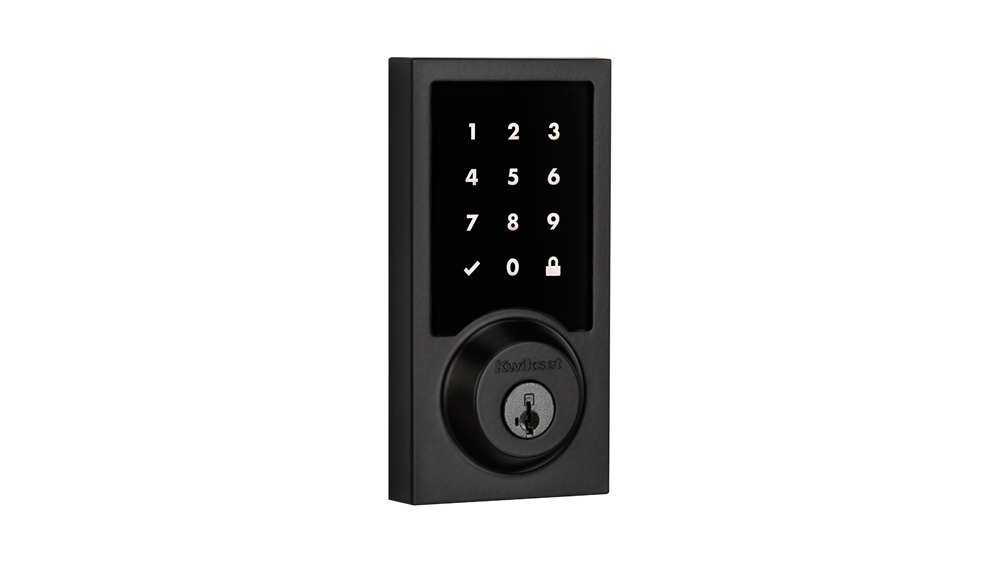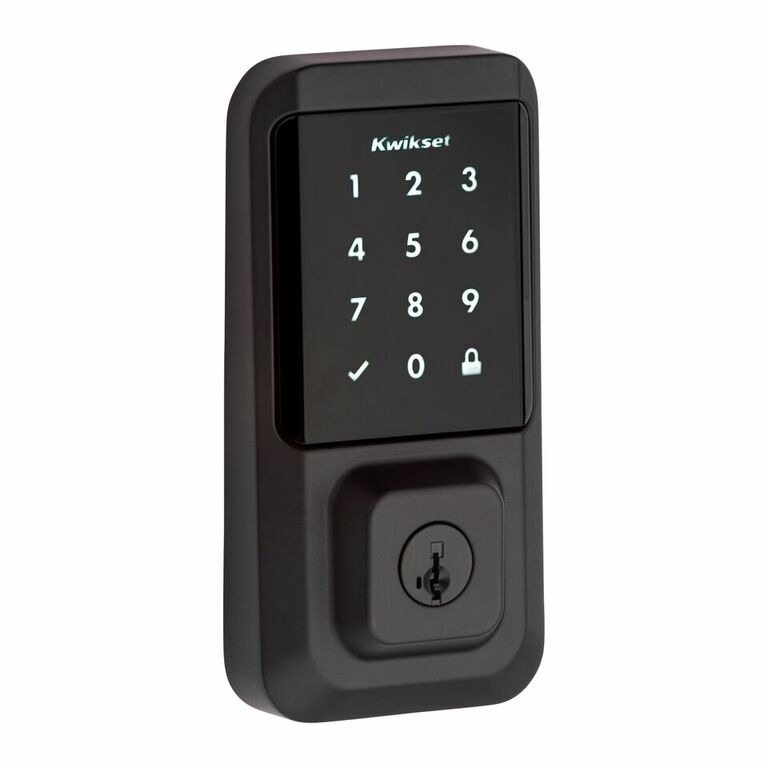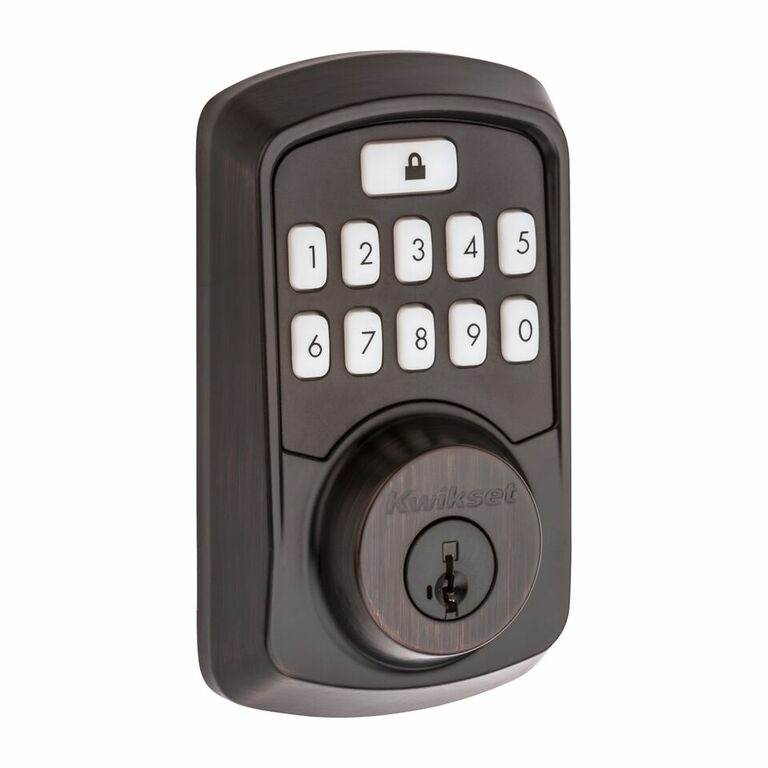At the Las Vegas Consumer Electronics Show, Kwikset on Tuesday unveiled several new iPhone-compatible smartlocks, though so far only one of them is confirmed as having Apple HomeKit compatibility.
That product is the Premis Contemporary, Kwikset said, simply a cosmetic redesign of its existing HomeKit-ready lock, reviewed by AppleInsider. The original Premis is battery-powered, and lets homeowners control a door via Siri, app, key, or touchscreen.
Two Wi-Fi-enabled Halo locks are due to launch sometime in 2019, one of them with a physical keypad and the other a touchscreen, like the Premis. At least initially digital control will be through a new Kwikset mobile app with features like access permissions, history, and a cloud service — Kwikset has promised support for "other smart home product and system providers" though, which could theoretically mean HomeKit, Amazon Alexa, and/or Google Assistant.
The Halo Keypad Wi-Fi Smart Lock will cost $199, and come in satin nickel and Venetian bronze colors. The Halo Touchscreen Wi-Fi Smart Lock will be $229, and sold in chrome, satin nickel, iron black, and Venetian bronze.
The Aura uses Bluetooth instead of Wi-Fi, limiting its range, and comes with a physical keypad only. There appear to be no plans for platform compatibility beyond the future Kwikset mobile app, but the tradeoff is a cheaper $149 pricetag. It should ship sometime this year in satin nickel, Venetian bronze, and iron black.
 Roger Fingas
Roger Fingas





-xl-m.jpg)




 Malcolm Owen
Malcolm Owen
 Marko Zivkovic
Marko Zivkovic

 Chip Loder
Chip Loder
 Christine McKee
Christine McKee
 William Gallagher
William Gallagher
 Amber Neely
Amber Neely


-m.jpg)






4 Comments
For those who have mobility issues I see some important benefits to these locks, but I do wonder if deploying them opens up homes to security risks that are any greater than an intellicode garage door opener. For the WiFi version, can a remote user or someone on the street hack in to your house? Some network based security cameras for example have been shown to have so-so security. Do we feel confident that traditional physical lock companies really have the tech chops to have done it right?
Of course a brick through a window or use of a crowbar are perhaps the oldest forms of security hacks, although they capture more attention.
Proper securing of ones local network and WiFi router becomes even more important with these locks.
It is amazing that none of the smart lock companies have found a way to power the devices without having to replace the batteries all the time. Reading the reviews of smart locks the biggest complaint is that the batteries only last a week or two.